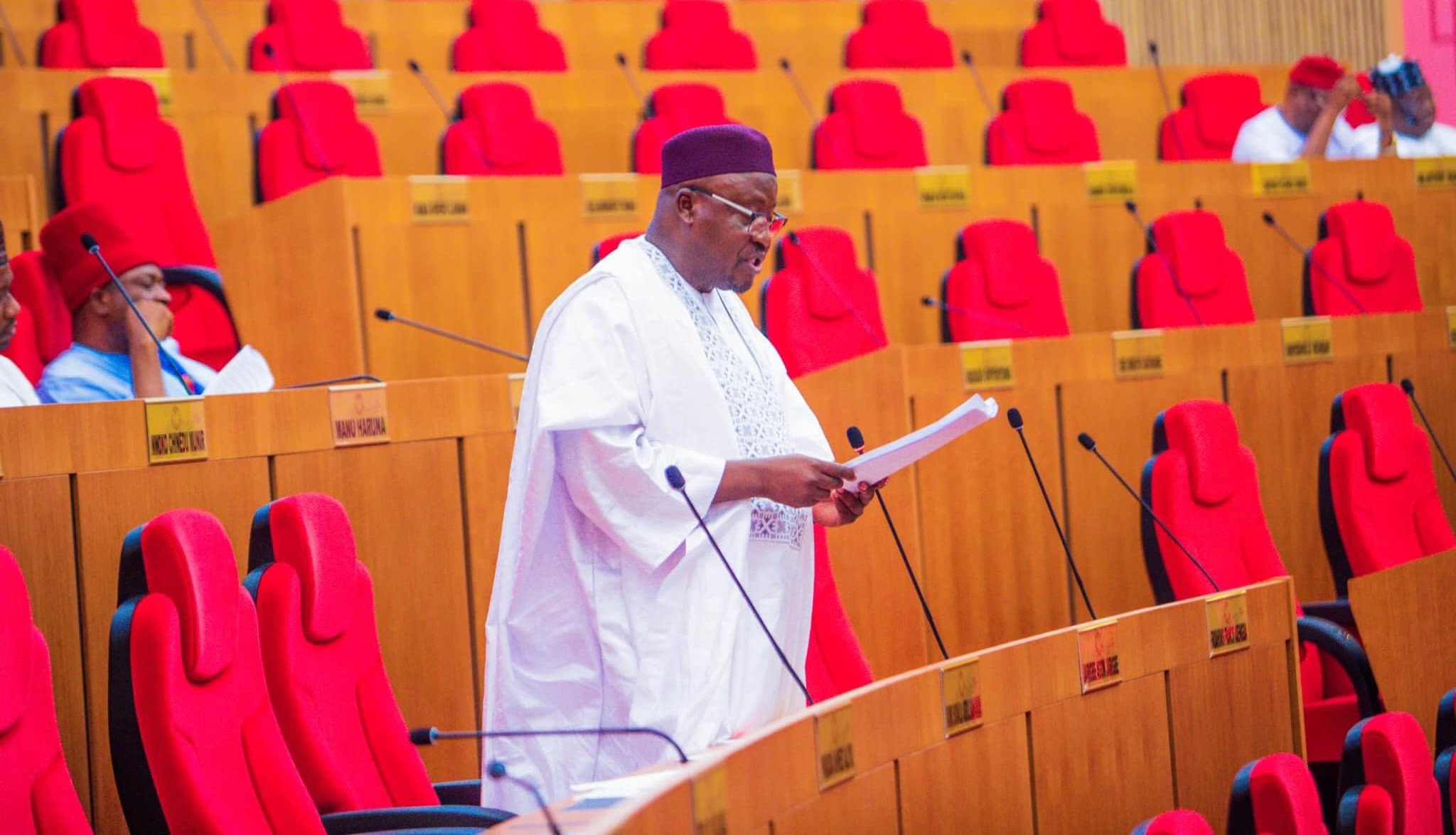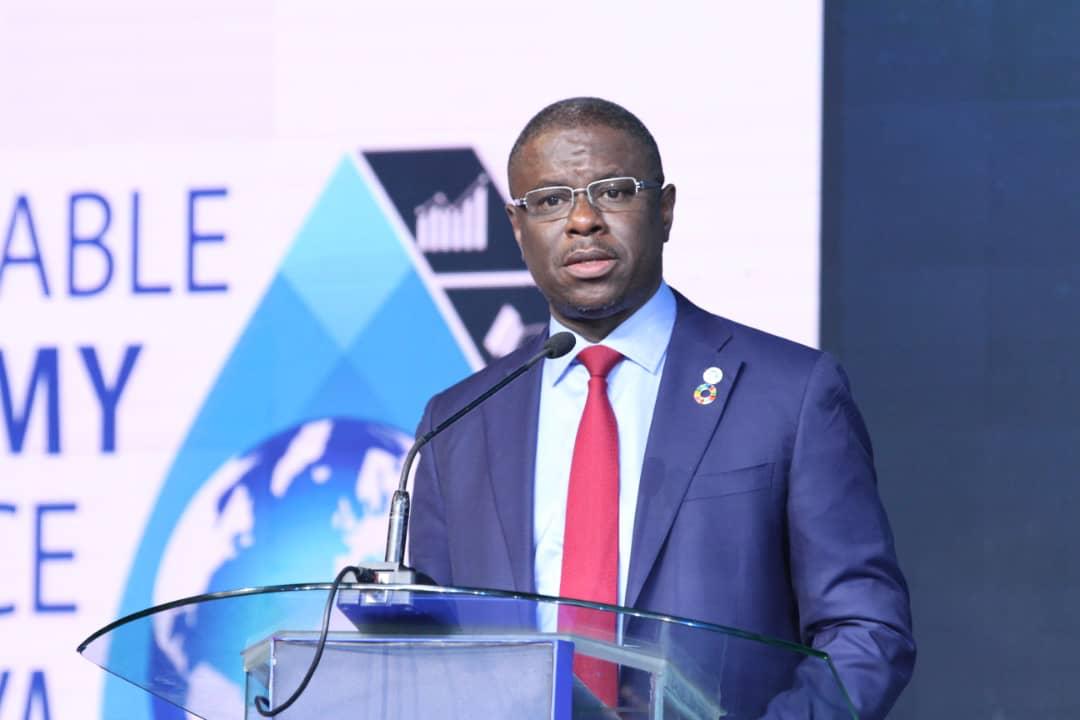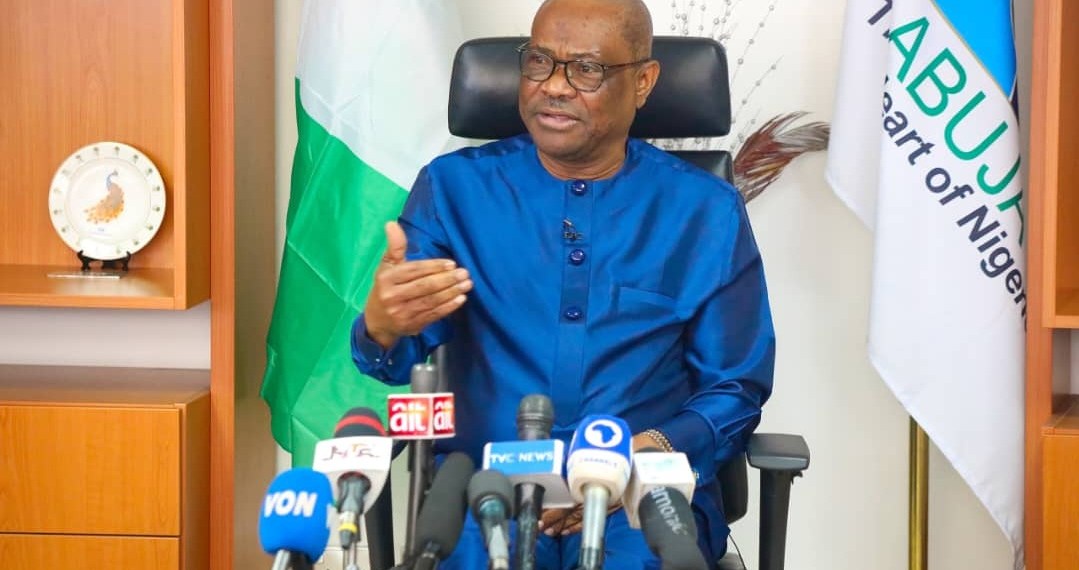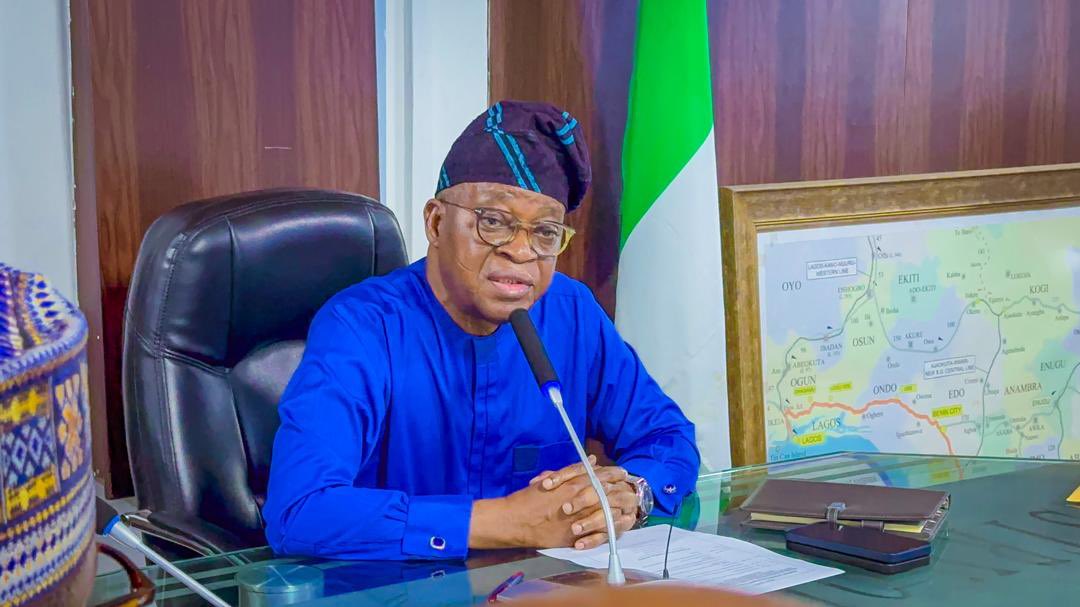File photo of a Nigerian police officer
Agora Policy, a think-tank, says the current police structure in the country needs to be modified to improve national security.
In a policy note addressing the state of security under President Bola Tinubu, the organisation said there has been some success in reforming the police as promised during electioneering campaigns.
The organisation frowned at the misuse of personnel by the force, adding that there is an imbalance that prioritises a few at the expense of the majority.
“Despite the Nigerian police boasting a staff strength of approximately 371,800 police officers, the reality is starkly different,” the policy note reads.
Advertisement
“Over 100,000 officers are dedicated to special protection duties for VIPs and politicians.
“This leaves the Nigeria Police Force with only 270,000 officers and men, who together with other organisations involved in policing such as Nigeria Security and Civil Defence Corps (NSCDC), the Federal Road Safety Corps (FRSC) amongst others, to cater to the policing needs of over 200 million Nigerians.”
Agora Policy recommended that the ministry of police affairs must go beyond mere pronouncements and embrace the performance measurement and consequence management policies of the government.
Advertisement
The organisation also urged the ministry to swiftly follow up with a well-defined policy framework and a structured monitoring and evaluation platform.
“This will instill confidence in the public, assuring Nigerians that these pronouncements mark a decisive departure from past practices,” the document reads.
On the contested subject of state police as a means of improving security, Agora Policy said the most critical requirement is for Nigeria to define its policing imperatives and to resolve that the current structure stands in the way of enhanced internal security.
Some Nigerians argue that a decentralised policing structure allows for a more granular approach to identifying and solving security challenges, enabling a more responsive and practical approach.
Advertisement
Others cite the poor financial status of states, inability to pay their workforce, and the non-adherence to democratic tenets at the subnational levels — particularly in states with a history of ethnic or political tensions — as concerns in implementing state police.
However, according to the policy document, changes to the structure will prioritise public safety and inclusiveness and create a policing framework that caters to the needs of all Nigerians.
“Adopting this approach will mark a significant departure from past practices within the police force and signal a paradigm shift towards enhancing internal security,” the document added.
Agora Policy also urged the inspector-general of police (IGP) to transform the force into a more professional, accountable, and community-oriented institution that effectively addresses security challenges and upholds the rule of law.
Advertisement
Advertisement
Add a comment






